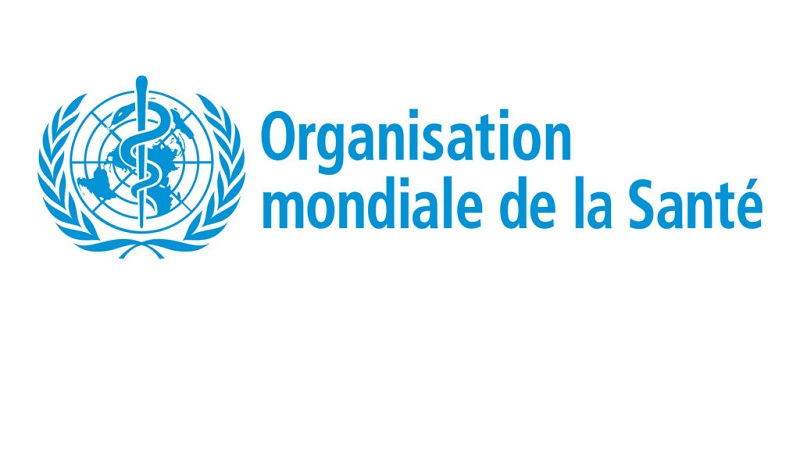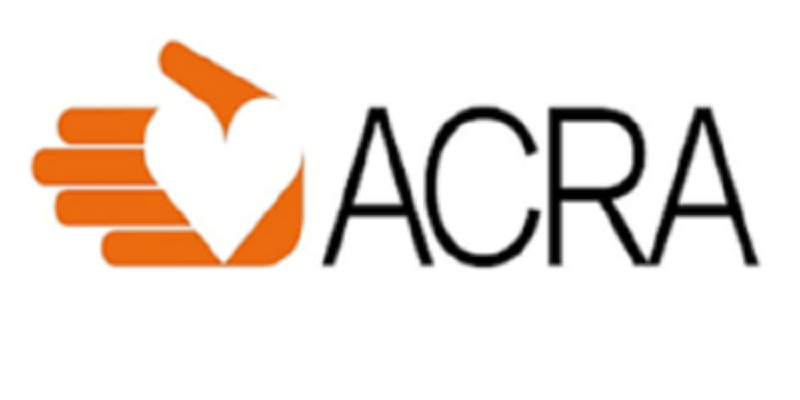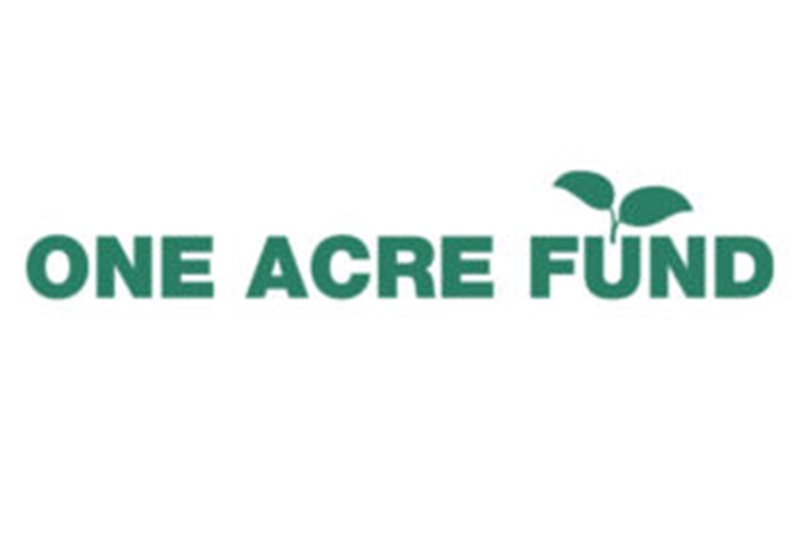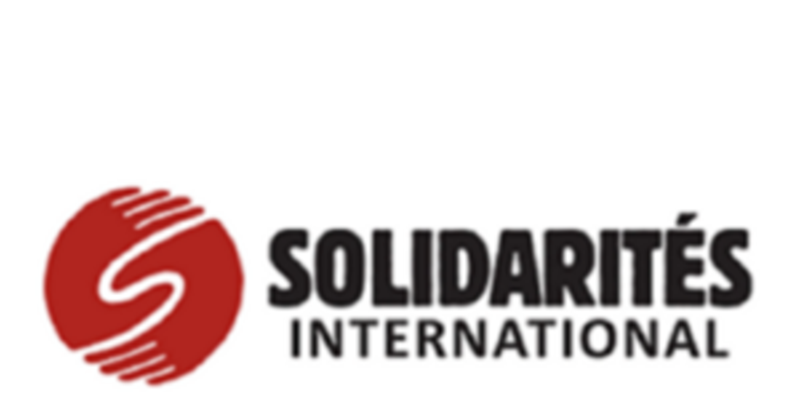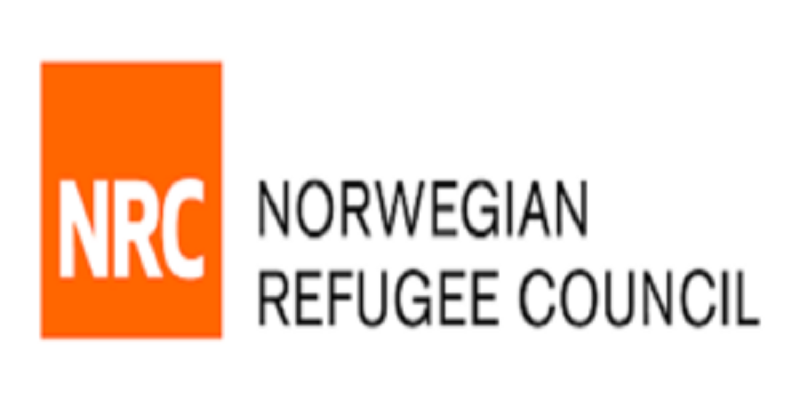L’OMS, qui compte 194 États Membres, possède plus de 150 bureaux dans six Régions. Les membres du personnel de l’OMS partagent un même engagement : améliorer la santé pour tous et partout.
Ensemble, nous nous efforçons de combattre les maladies, qu’elles soient infectieuses comme la grippe et le VIH ou non transmissibles comme le cancer et les cardiopathies.
Nous aidons les mères et les enfants à survivre et à prospérer de façon à avoir la perspective de vieillir en bonne santé. Nous nous assurons de la sécurité sanitaire de l’air que les personnes respirent, des aliments qu’elles consomment, de l’eau qu’elles boivent, ainsi que des médicaments et des vaccins dont elles ont besoin.
POSTE 1
Assistant exécutif de l’agent administratif
OBJECTIVES OF THE PROGRAMME
Des unites d’appui administratif aux pays (CSU) ont ete creees dans la structure organisationnelle pour aider les directeurs de service et les membres du personnel a assumer pleinement leurs responsabilites dans l’environnement du Systeme mondial de gestion (GSM) et garantir le respect des politiques, procedures, regles et reglements institutionnels sur toutes les questions et transactions administratives et financieres dans le contexte d’un progiciel de gestion integre (ERP).
DESCRIPTION OF DUTIES
GENERALITESAssurer un suivi efficace et dans les meilleurs delais des demandes d’informations, des reunions d’information et d’autres actions emanant du bureau du charge des operations de l’OMS, en assurant la liaison avec les unites/equipes, selon qu’il conviendra;- Assurer un suivi efficace et en temps voulu des demandes d’informations, d’exposes et d’autres actions, emanant du bureau du charge des operations de l’OMS, en assurant la liaison avec les unites et les equipes, selon qu’il conviendra;- Recevoir les visiteurs et prendre les appels telephoniques avec tact et discretion et agir suivant la nature et l’urgence des cas, voire rediriger certains appels vers d’autres collegues selon la necessite;- Fournir des informations d’ordre general pour les rendez-vous avec les visiteurs officiels et/ou avec les membres du personnel;- Gerer le programme et le calendrier du charge des operations de l’OMS en planifiant et/ou en reprogrammant les reunions en cas de perturbation due a des aleas imprevus, et rediriger les visiteurs et les appels, si besoin y est;- Diffuser des informations sur les procedures administratives au personnel des services generaux de l’equipe ou departement et aider les membres du personnel a se conformer aux procedures administratives de l’OMS;- Suivre les demandes de biens et de services, y compris les obligations en matiere de reception, de paiement et d’inventaire;- Coordonner et suivre les besoins en espace de bureau en liaison avec les unites concernees, selon qu’il conviendra.CORRESPONDANCE- Rediger les correspondances a caractere general ou d’ordre administratif de sa propre initiative ou sur la base des instructions recues; etablir sous leur forme finale les correspondances et les rapports pour signature ou autorisation;- Verifier que le courrier sortant est presente conformement aux normes de redaction de l’OMS et du departement et verifier la langue, la grammaire et l’exactitude avant de le soumettre a la signature et a l’approbation de la hierarchie;- Analyser le courrier entrant et les demandes en tenant compte d’une part des documents de base, des instructions, des politiques et des precedents, et d’autre part en recherchant, en obtenant et en joignant des informations de base en prevision des besoins du responsable, ou en les redirigeant si besoin; determiner et signaler les documents entrants et joindre des informations de base, et indiquer les points qui necessitent une action de la part du personnel des categories professionnelle et de rang superieur, en attirant l’attention sur des elements specifiques;- Verifier que les rapports et documents techniques sont conformes aux normes, aux regles, aux pratiques et aux procedures de l’OMS, les reviser et les corriger si cela s’avere necessaire avant de les soumettre a la signature ou a l’approbation de l’autorite competente;- A l’aide d’outils de suivi appropries, assurer le suivi et veiller a ce que les dates et echeances fixees soient respectees, et a ce que les reponses a la correspondance et aux demandes de renseignements soient fournies dans les delais prescrits.RESSOURCES HUMAINES- Suivre les donnees relatives aux conges et aux presences, si necessaire.GESTION DE L’INFORMATION- En etroite collaboration avec d’autres membres du personnel d’appui, creer et/ou maintenir des systemes d’archivage; examiner en permanence le systeme d’archivage pour s’assurer que l’information est a jour et utilisee de maniere rationnelle;- Obtenir des documents et des informations de sources internes et externes, selon qu’il conviendra; effectuer des recherches d’informations (bibliotheque, Internet), si cela s’avere necessaire;- Coordonner la compilation des documents techniques demandes et fournis par les membres du personnel appartenant aux categories professionnelles et de rang superieur afin de s’assurer que ces documents sont compiles, formates et assembles de maniere logique pour faciliter le travail du Responsable.ADMINISTRATION DES REUNIONS- Organiser, coordonner et diriger la preparation administrative des reunions, seminaires, ateliers, y compris: la preparation des plans d’evenements dans le GSM/Oracle, les lettres d’invitation, les estimations des couts et les demandes de deplacement; l’aide a la preparation des documents; l’expedition des materiels et la liaison avec les participants et les autres personnes impliquees;- Preparer des exposes sur PowerPoint et sur d’autres logiciels, sur initiative propre ou sur la base des instructions recues;- Programmer des reunions d’equipe/de departement, en fonction des calendriers et des besoins; rediger des proces-verbaux et assurer le suivi des points d’action afin de repondre rapidement aux demandes de l’OMS et de preparer les proces-verbaux;- Fournir des notes d’information et des documents de base pour les reunions, seminaires, ateliers, etc. auxquels doivent participer les membres du personnel des categories professionnelle et de rang superieur de l’equipe, en verifiant leur disponibilite et en s’assurant qu’ils disposent des documents et des notes d’information appropries.VOYAGES- A l’aide du GSM ou d’Oracle, preparer les demandes d’autorisation de voyage pour les missions officielles de membres du personnel de l’OMS. Effectuer les reservations de vols et d’hotels, preparer les documents de voyage et s’occuper d’autres questions connexes, a la demande ou de sa propre initiative. AUTRES FONCTIONS- Effectuer d’autres taches connexes, selon les besoins ou les instructions, y compris fournir un appui a d’autres domaines de travail.
REQUIRED QUALIFICATIONS
Education
Essential: Diplôme de fin d’études secondaires ou une formation technique ou commerciale equivalente, option secretariat ou administration de bureau.
Desirable: Diplôme en secretariat bureautique, en administration de bureau, en administration des affaires ou dans des domaines connexes, notamment les finances, delivre par un etablissement reconnu. Une formation en secretariat et/ou en administration de bureau.
Experience
Essential: Au moins huit (08) années d’expérience a un poste d’assistant(e) exécutif(ve) et de secrétariat dans des organisations internationales.
Desirable: Une experience de travail a un poste d’assistant(e) executif(ve) a l’OMS ou dans une institution du système des Nations Unies.
Skills
Le ou la titulaire du poste maintient et tient a jour ses compétences en informatique par le biais de cours internes, de formation en cours d’emploi ou d’autoformation. Il ou elle doit suivre de pres les evolutions des procédures et pratiques, regles et reglements, et de la structure organisationnelle au sein du departement, du groupe organique et de l’OMS, afin de pouvoir presenter et expliquer les procédures.
WHO Competencies
Teamwork
Respecting and promoting individual and cultural differences
Communication
Producing results
Ensuring the effective use of resources
Use of Language Skills
Essential: Expert knowledge of French.
Desirable: Intermediate knowledge of English.
REMUNERATION
WHO offers staff in the General Services category an attractive remuneration package, which for the above position includes an annual net base salary starting at XAF 10,404,000 (subject to mandatory deductions for pension contributions and health insurance, as applicable) and 30 days of annual leave.
POSTE 2
Chef d’équipe – Maladies évitables par la vaccination
OBJECTIVES OF THE PROGRAMME
The Vaccine Preventable Diseases Non-Communicable Diseases (VPD) Programme is part of and contributes to the work of the Universal health coverage/Communicable and Non-communicable diseases (UHC/UCN) cluster in the WHO African region. The strategic agenda of the cluster is to reduce disease burden in the WHO African Region, by guiding disease control agenda in Africa, and using analytics to inform strategic investments and tailored interventions for disease control”. This approach is underpinned by the guiding principles of comprehensive whole of society, people-centered, integrated approaches to disease control. The comprehensive whole of society approaches to disease control involves: (a) coherent implementation of triple response – technical response: implementing diseases specific normative guidance, promoting intervention mixes and deploying medical commodities; health systems response: building capacities of district service delivery systems in disease mapping and stratification, interventions tailoring, and sector/subsector planning; and multi-sectoral response: addressing socio-economic and environmental determinants of diseases through mobilizing non-health sectors, communities and stakeholders; (b) disease control partnership of public and private sectors, health and non-health sectors; and (c) community involvement in targeted high risk communities, focused on managing determinants of diseases, health services demand creation and accountability by local health stewards. The people centered, integrated approaches to disease control involves: (a) integrated guidance on disease control for each health service delivery platform, a move away from stand-alone disease specific guidance; and (b) integrated and efficient disease control investments in strengthening the capacity of appropriate health services delivery platforms through deployment of appropriate technologies and analytics to guide stratification of disease risks across population groups in order to develop and deploy comprehensive packages of interventions appropriate to each targeted population group and health service delivery platform, as well as monitor population access, coverage and impact to leave no one behind.
The specific objectives of the UCN cluster to which the VPD programme contributes, are to: (i) provide leadership on disease control coordination, partnership and resource mobilization; (ii) contribute to the development of WHO disease control technical products, services and tools including adoption of new technologies and innovations; (iii) support generation and use of strategic information for action and decision making including optimizing investment; and (iv) provide or facilitate provision of technical support in deployment of WHO technical products and services and institutional capacity building, including support to national disease programmes and regulatory authorities.
DESCRIPTION OF DUTIES
The incumbent is expected to contribute towards:
- Leadership on disease control coordination, partnerships and resource mobilization
- Initiate and lead innovative and enhanced resource mobilization targeting of both traditional and new donors in order to increase the capacity of WHO country offices and countries to deliver results;
- Ensure people-centred approaches across the life course to address the priority health problems of different population sub-groups through building and coordinating a competent and committed team of VPD experts in the development and implementation of regional VPD policies, strategies, programmes and strategic initiatives for VPDs control, elimination and/or eradication in the region. This will be done in collaboration with other WHO technical clusters, and partners, in an integrated manner in the context of Universal Health Coverage, ensuring people-centred approaches across the life course to address the priority health problems of different population sub-groups;
- Provide leadership and manage the staff under his/her responsibility; ensure their performance, continuous development and engagement, promoting a culture of working across boundaries, while promoting the principles of equity, and value for money, integrity and a respectful workplace in accordance with the Organization’s policies, rules, procedures, and values;
- Drive the team members’ collaboration with other clusters and programmes to ensure that VPD interventions are integrated in strategies on universal health coverage, primary health care, sexual and reproductive health, and communicable diseases;
- Lead regional office VPDs strategic and operational planning, monitoring and evaluation of work plans and budgets within the framework of WHO Staff Rules and Regulations, financial rules and AFRO accepted procedures, while promoting integration of similar interventions in the VPD Team;
- Conduct high level advocacy and policy dialogue and establish/strengthen partnerships, including with academia, professional associations, inter-governmental and non-governmental organizations and institutions, the African Union and Regional Economic Communities (RECs) for the harmonization and alignment of actors and resources in the formulation and implementation of national action plans, as an integral part of strengthened and resilient national health systems, in order to improve access to quality essential VPD services at all levels, including paying particular attention to the PHC level;
- Lead application of analytics in VPD to drive improved targeting and impact of VPD interventions;
- Lead the conceptualization, formulation, implementation and monitoring of bold strategic initiatives on VPDs in the WHO African region;
- Contribute to the development of annual “Regional Disease Outlook” including country profiles.
- Development of WHO disease control technical products, services, and tools
- Contribute to discussion on priority VPDs Target Product Profiles based on identified country and regional disease control needs;
- Support the strengthening of research and innovation that contribute evidence for developing and/or deploying WHO VPDs products and services in the region;
- Coordinate the development and dissemination of scientific papers on VPDs, multiyear reports on VPDs in the WHO African region;
- Support evaluation of interventions and tools to inform deployment or enhanced deployment of WHO VPDs technical products and tools in the region.
- Generation of analytics-driven strategic information for disease control agenda setting and interventions tailoring
- Lead monitoring of socio-political and health situations in member states, facilitating political and social analysis for health action in the region;
- Support development of capacities for analytics to drive VPDs and other diseases control agenda setting and to guide investments; advocate and support use of triangulated data on disease occurrence (incidence and mortality), interventions coverage, health services access, determinants information, to developed tailored national policies and operational responses in member states;
- Support mainstreaming of GER in VPDs service delivery;
- Support surveillance systems strengthening and tracking of biological and other threats using available VPDs tools and interventions, and use of the same information for threat containment in member states.
- Technical support and institutional capacity building for disease control support
- Oversee the development of regional and country capacity building strategies and approaches on all aspects of immunization and vaccines development, including routine immunization, new vaccines introduction and surveillance; Yellow Fever, measles and rubella, meningitis control; Vaccine safety and regulation; and Pharmacovigilance, logistics and supply chain, capacity building and data management;
- Lead dissemination of VPDs technical products and tools in the region, advocating for their rapid deployment in member states according to WHO guidance and local contexts;
- Facilitate appropriate technical support in the implementation of WHO VPDs technical products and services, including guidance on comprehensive, whole of society approaches, as well as people-centered and integrated approaches to VPDs and disease control investing;
- Oversee the collaborative and proactive support to countries in the development and implementation of monitoring and evaluation policies and strategies to facilitate reporting on trends in health systems performance and on progress towards regional and national VPD targets, including promoting the dissemination of lessons learned and good practices;
- Coordinate implementation of people-centered and integrated approaches to VPD control through development of tools and guidance; advocacy with partners, collaboration with programmes and teams; and capacity building, monitoring and evaluation;
- Contribute to the coordinated investment of VPDs and other disease programme resources in strengthening health services delivery platforms to deliver optimally for disease control in the region;
- Contribute to mapping and prioritizing existing institutions and capabilities in member states with focus on prioritizing institutions for WHO capacity strengthening towards providing technical support under WHO oversight, for VPDs and other priority diseases; contribute to managing partnerships and collaborations with the prioritized institutions and to strengthening their capacities to provide technical support under WHO oversight;
- Lead the strengthening of WHO collaboration with the national public health institutes (NPHI) in member states in the region and specialized networks on VPDs, with the aim of facilitating coherence and collaboration;
- Perform other related responsibilities as assigned, including replacing and backstopping for others as required.
REQUIRED QUALIFICATIONS
Education
Essential
- Medical degree, with post-graduate training in Public Health, or Epidemiology
Desirable
- Training in vaccinology, immunology or immunization logistics
Experience
Essential
- A minimum of ten (10) years’ progressive experience in developing, designing and implementing public health programmes, including VPDs especially in vaccine development, planning, implementation and/or M&E of immunization programmes, with a minimum of 5 years inclusive at the international level in Low and/or Middle-Income countries;
- Experience in overseeing implementation, review and updating existing strategies and guidelines and recommending new initiatives;
- Experience in resources mobilization and working with variety of partners at international level;
- Experience in facilitating coordinated approaches to effective programme management and implementation;
- A track record of research, with publications at senior authorship level in academic journals.
Desirable
- Work experiences that are diverse, incorporating private sector, NGOs, other UN, or governmental Health related agencies will be an advantage. Knowledge of national, regional, and global partnerships and networks. Extensive experience, with a result focuses approach, in prevention and control of diseases.
Use of Language Skills
Essential: Very good knowledge of English and French
Desirable: Knowledge of Portuguese would be an asset.
Skills
- Extensive experience in thought leadership, problem solving approaches, and use of the logical framework in health programme development;
- Extensive knowledge of policies, strategies and programme interventions related to VPD with broad practical knowledge of related programmes, policies and strategies and their application in developing and developed countries; proven leadership skills in the planning and coordination of multidisciplinary public health programmes, which should include the implementation of VPD control programmes;
- Demonstrated expertise in strategic and multisectoral planning; research; performance monitoring, as applied to programmes and reporting; extensive knowledge and skills in use of data and information for decision-making and strategic planning; track record of recognizing and addressing changing conditions;
- Working knowledge of WHO rules and procedures, mandates, strategies and action plans (global, regional and country-specific);
- Budgeting and financial management; partnership and resource mobilization; communication and people management;
- Ability to exercise leadership and to work effectively with colleagues at national and international levels.
WHO Competencies
- Promoting the Organization’s position in Health Leadership
- Building and Promoting Partnerships across the Organization and Beyond
- Creating an empowering and motivating environment
- Promoting Innovation and Organizational Learning
- Teamwork
Other Skills (e.g. IT)
Good level of computer literacy; the ability to analyse and manage electronic information; and familiarity with eHealth tools including epidemiological and statistical software; excellent writing skills.
REMUNERATION
WHO salaries for staff in the Professional category are calculated in US dollars. The remuneration for the above position comprises an annual base salary starting at USD 89,837 (subject to mandatory deductions for pension contributions and health insurance, as applicable), a variable post adjustment, which reflects the cost of living in a particular duty station, and currently amounts to USD 4874 per month for the duty station indicated above. Other benefits include 30 days of annual leave, allowances for dependent family members, home leave, and an education grant for dependent children.

